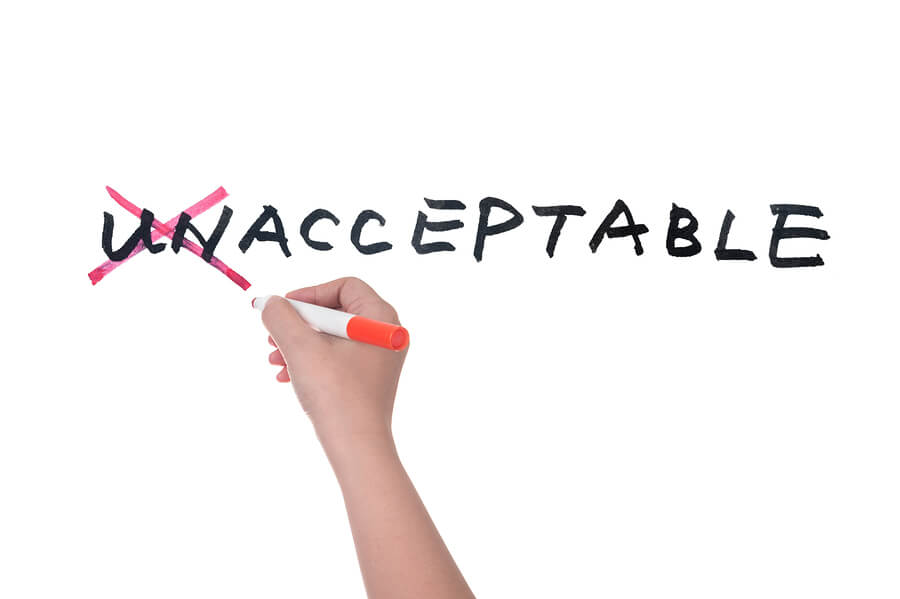Errors are Unacceptable in Medical Translation

It cannot be emphasised enough just how important it is that any sort of medical information is presented accurately, concisely and completely. This order of importance takes on new meaning whenever medical text of any sort is translated from one language to another. The prospect of even a simple error is very serious. Any business or government organisation that has anything to do with generating medical information must ensure that they use a professionally qualified medical translator whenever the need for translation arises.
Why Would Medical Documents and data of any sort be Translated?
There are many different types of medical information. Any one of these may need to be translated at some point. Here is a brief list of the sorts of documents and medical text that may need to be translated:
- chemical composition of drugs and medicines
- dosage requirements for drugs and medicines
- handling and storage requirements for drugs and medicines
- handbooks for the professional use of medical instruments and tools
- maintenance manuals for medical instruments and tools
- articles in medical journals about ongoing medical research
- news about innovative techniques and practices
- medical qualifications
Why are Errors more Unacceptable in Medical Translation than any other Translation Specialisation?
It may be argued that all translation should be accurate and completed by professional translators. Most translators tend to specialise at some point in their careers, not just in the languages they feel competent in translating, but the sort of text they translate.
There are specialist literary translators, marketing translators, business translators, technical translators, scientific translators and legal translators, as well as medical document translators. There is no argument that every translator must take their job seriously and perform their job at translating professionally. But there is something unique about medical translation.
No other translation niche has the potential to make people ill, delay recovery and even lead to serious injury and death, simply because the translated information contains errors.
An Example of Just how an Error in Medical Translation is so Potentially Serious
Take the translation of prescription details, for instance. Let’s say that a new life-saving wonder drug has been developed in Switzerland. Perhaps the drug has the potential to reduce pain and suffering for liver cancer sufferers and increase their chance of recovery. The drug is to be marketed and distributed worldwide. The drug is to be used over a prolonged period of time, but only in very small amounts. The exact amount that must be administered and the frequency of administration is quite precise. This information must be translated from the language of the developers, French or German probably, into several dozens of other languages for world-wide use. It’s easy to see how simple translation errors can lead to an overdose, under dose or it could have no effect whatsoever.
Whatever the need for medical information, the potential effect on people’s lives is far greater than any other type of translation. Errors in legal translation for example are often touted as particularly serious. Errors might lead to business losses, the chance of a deal or contract missed, a court case delayed, but it is highly unlikely that someone will become seriously sick or die because of it!
If you are involved in any way in the generation of medical literature, medical documents or medical data and need it to be translated, just think of the consequences of potential errors in medical translation. They are simply unacceptable. Use a professional medical translator!
